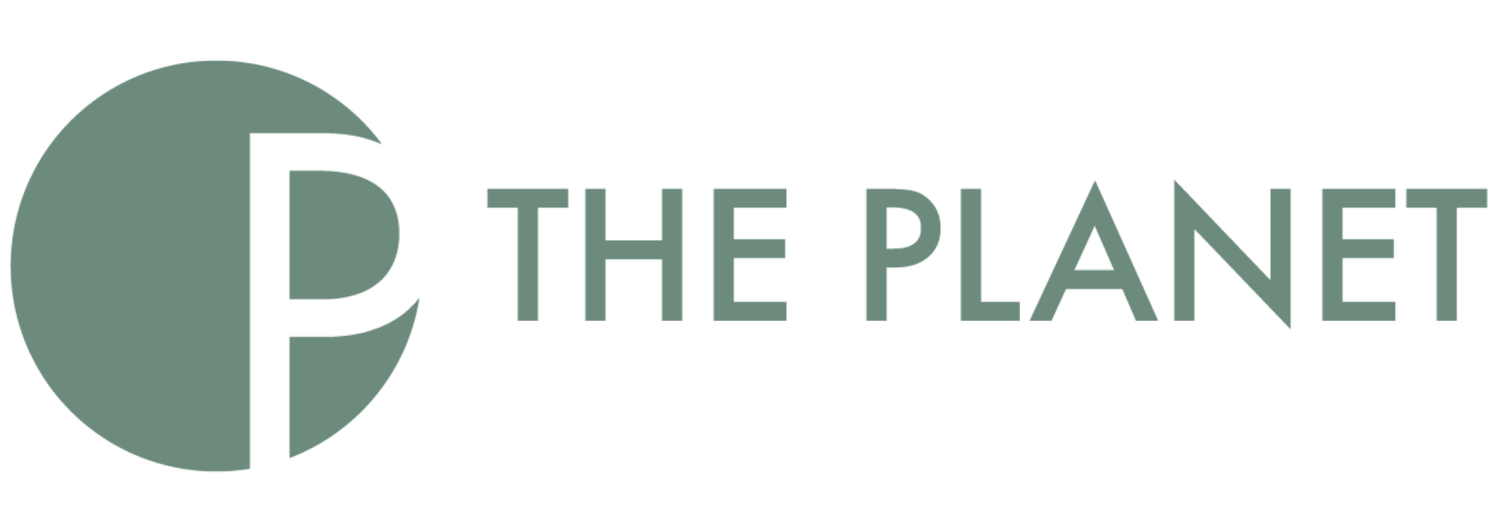Intersections - Winter ‘22
Dear Reader,
During the last Planet editors meeting of fall 2021, the team was thinking about connections. We had to select the theme for the winter issue, and as we gathered around the newsroom conference table, we pondered the ways problems were connected to other problems; the ways solutions in one field offered ideas for solutions in another; and the ways those connections make themselves strikingly visible or subtly unknown.
One theme idea was “power” and how it influences the lives and systems of the world around us. Another was “limits:” At what point do those systems stop working? What are the boundaries of function within an ecosystem or a habitat? Where does one system end and another begin? And then someone suggested “intersections,” and we all paused. Looking around the table, you could see the ideas starting to form on the editor’s contemplative faces. It didn’t take long to settle on “intersections” as the winter 2022 theme.
The Planet is, in a way, an intersection of people. Planet reporters come from different departments and programs across campus, and because The Planet doesn’t require previous journalism experience, there’s no limit to the variety of people working on the publication. The diversity of interests in the classroom leads to unique story ideas that no one person could come up with by themselves, and the different areas of expertise on the editing team creates important insights and questions. The common thread is a love of journalism, but the skills branch out from there: a science editor with a marine microbiology major, an Editor-in-Chief with a GIS certificate, and editors with focuses in sociology, psychology and law, creative writing and diversity and justice all make up the dynamic team in The Planet newsroom.
Beyond that, environmental issues are intersectional. Neighborhood contamination and pollution is linked to systemic racism. Environmental justice is a fight against power imbalances and marginalization. Ecologists and feminists have come together to create eco-feminism, a field that recognizes how the oppression of women is an oppression of the environment. Among different discourses and disciplines, more recognition of how problems overlap, interact and intersect is leading to new, innovative solutions and a stronger understanding of the problems we face today.
This issue is about intersections. The intersections of roadways and crosslights, the intersections of kelp restoration and Indigenous sovreignty, the intersections of agriculture and queer folks, the intersections of art and history. Helping the reporters identify these intersections and report on them with grace, boldness and diligence has been a pleasure, and I hope you enjoy learning about how all of these things, in one way or another, are connected.
This is my last quarter with The Planet after a year and half of reporting and editing with this wonderful team. I’m leaving the newsroom with excitement, but a little bit of sadness too, as I go to pick up my own pen (or keyboard, I suppose) and find my own stories to tell. This magazine has taught me so much, and I now join the ranks of curious, dedicated readers keeping up with these important environmental stories and watching on with pride as the team carries on. Enjoy these stories, and all the stories to come. I know I certainly will.
Signing off,
Olivia Hobson
Editor-in-Chief
Stories
-
Skiing duo Tatum Epperson and Margeaux Bailey are putting women at the forefront of their outdoor films.
-
After the record-breaking floods in November, farmers and community members in western Washington are looking for solutions.
-
Eco-anxiety, the dread that comes with the constant deluge of catastrophic climate change news, can be hard to wrestle with. How do we quell this anxiety while staying informed?
-
Researchers are working together to grow the future of kelp forests.
-
Lost fishing gear threatens to trap marine creatures in a watery grave.
-
Swan populations have stabilized, but new threats are still facing the Pacific coast population.
-
In the heart of downtown Bellingham, sits Apse Jewelry where sustainability is at the heart of every piece.
-
During the pandemic, many people reevaluated their living spaces and took to the road for more flexibility and freedom.
-
In spring of 2020, 48 mature trees were cut down on Western’s campus to make room for the new Interdisciplinary Science Building. What did Western do with them?
-
At The Outback Farm, queer students find community with each other and nature.
-
Cynthia Camlin is working with the meaning of materials.
-
While an atmospheric river swept through Whatcom County weather fanatic Randy Small braved the storm to bring coverage to the community.
-
The downtown Bellingham streatery scene has exploded since the start of the COVID-19 pandemic. Early city preparation paved the way for the successful rollout.
